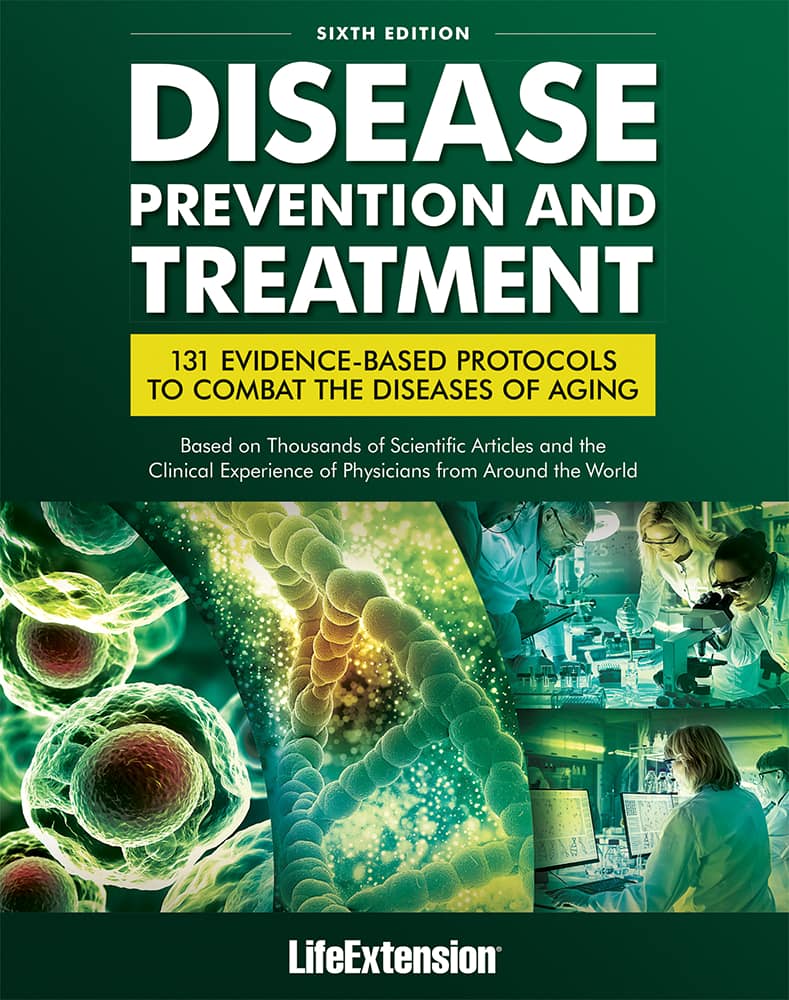
Newsletter
Newsletter
Meta-analysis concludes beneficial effect for testosterone replacement on body composition, glucose



Tuesday, June 21, 2016
The March 2016 issue of the European Journal of Endocrinology published a meta-analysis of randomized trials and observational studies that affirmed an association between testosterone supplementation and improvement in body composition, glucose levels and insulin resistance.
For their analysis, Italian researchers identified 59 randomized controlled trials and observational studies that provided information on varying aspects of body composition in 3,029 men receiving testosterone and 2,049 control subjects. Not surprisingly, use of any testosterone preparation was associated with higher testosterone levels. Supplementing with testosterone was associated with a significant reduction in fat mass and an increase in lean body mass. Fasting blood glucose was lower among men using testosterone, particularly among younger men and subjects with metabolic disease. Insulin resistance was also reduced in men who supplemented with testosterone compared with those who did not use the hormone.
When the analysis was limited to placebo-controlled trials that enrolled men with low testosterone levels, testosterone supplementation was found to be associated with lower total cholesterol and triglyceride levels.
"In men, visceral obesity is the main cause of age-related late-onset hypogonadism and weight loss is the first avenue of its treatment," note authors Giovanni Corona and colleagues. "On the other hand, hypogonadism is associated with a substantial increase in fat accumulation, in particular in the visceral stores ... The antiobesity activity of testosterone supplementation in hypogonadal men may be effective because, on one hand, it reduces abdominal fat accumulation and, on the other, it improves muscle mass and strength, facilitating adherence to exercise regimens designed to combat obesity."
"Our data suggest that testosterone supplementation is able to improve body composition and glycometabolic profile particularly in younger subjects and in those with metabolic disturbances," they conclude. "Specifically designed studies are urgently needed to confirm this point."
 |
|
||||||||||||||||
|
|||||||||||||||||
 |
|
|||||||||||||||||
|
||||||||||||||||||
How Life Extension lab testing works
Connecting to Agent...
Who would you like to talk to?
Chat Hours:
Visit Contact Us or Call us:
7 days a week | 24 hours
Mon - Fri | 7:30 AM - 12 AM (ET)
Sat & Sun | 9 AM - 12 AM (ET)
How was your experience with our Agent?